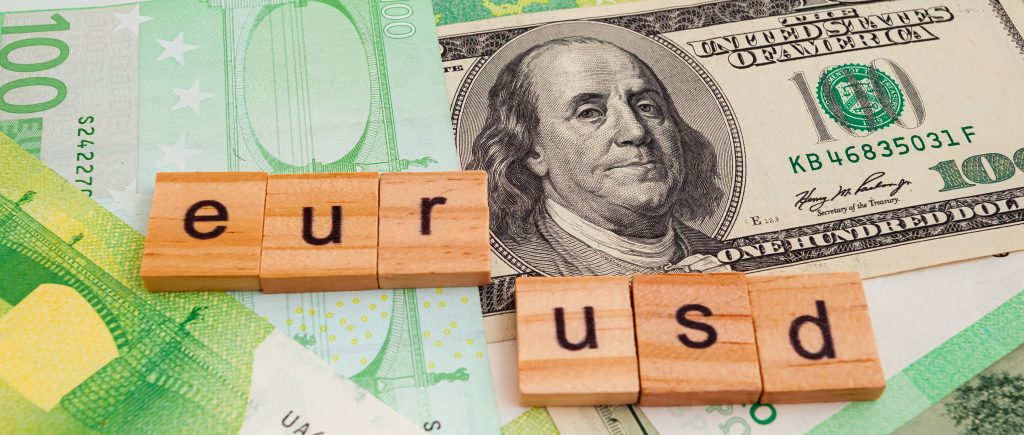The EUR/USD pair has held onto and defended the 1.0900 support as investors see more rate hikes from the ECB. Solid wage growth and labor shortage led to a jump in monthly German inflation. The EUR/USD pair is trading at 1.0903 at the time of writing.
S&P500 futures continued their upside journey on Thursday as investors’ confidence has been restored. The EUR/USD pair has shown decent buying interest after a gradual correction to near the round-level support of 1.0900 in the late New York session. The major currency pair has resumed its upside journey as investors are anticipating more rate hikes from the European Central Bank (ECB) as German inflation remained higher than expected.
In Germany, prices of goods and services in March have accelerated by 1.1%, higher than the consensus of 0.8% and the former release of 1.0%.
Annual German Harmonized Index of Consumer Prices (HICP) landed at 7.8%, significantly lower than the prior release of 9.3% but higher than the estimates of 7.5%. Annual HICP figures have softened firmly led by lower energy prices, however, prices of core products look solid amid the shortage of labor.
The labour market has grabbed the bargaining power due to a shortage of job seekers and wage growth is now at between 5% and 6%, the highest in decades, as reported by Reuters. This has bolstered the case for more rate hikes from ECB President Christine Lagarde.
On Friday, the release of Eurozone HICP and German Retail Sales data will provide more clarity. Annual preliminary Eurozone HICP is expected to decelerate to 7.1% vs. the prior print of 8.5%. Along with them, monthly German Retail Sales are expected to expand by 0.5% against a contraction of 0.3%.
Meanwhile, the upside bias for the shared currency pair is also backed by the declining US Dollar Index (DXY). The USD Index is juggling after a fresh weekly low at 102.07. The USD Index failed to capitalize on the anticipation of one more rate hike this year by Federal Reserve (Fed) chair Jerome Powell in a private meeting with United States lawmakers.
The Euro continues to surge since the beginning of morning trading, benefiting from the decline in the US dollar due to the improvement in risk appetite and Thursday’s European inflation data that was released in Germany and Spain.
The Euro / US Dollar surged to 1.0903 compared to the previous daily closing, which recorded 1.0843. The pair fell to its lowest level in the current trading day at 1.0823, compared to the highest level, which recorded 1.0926.
The US dollar was negatively affected by the negative data that appeared on Thursday in terms of labor market conditions.
The markets were dominated by expectations that the Fed may stop raising interest rates in the next May meeting, which are expectations that have been escalating since the tendency appeared in the Federal Reserve’s statement and the statements of the Central Bank Chairman, Jerome, to stop quantitative tightening.
Indices of consumer price inflation in Germany, the largest economy in the eurozone, recorded readings that were higher than the market’s expectations, despite being varied between ups and downs, compared to the readings recorded in the previous month.
The monthly reading of the German consumer price index did not witness any change in March, according to the reading issued on Thursday, which stopped at the previous month’s level of 0.8%.
The annual reading for the same index witnessed an increase of 7.4% in March, compared to the reading recorded in the same month of last year, which recorded an increase of 8.7%, which came higher than the market expectations that indicated 7.3%.
The monthly reading of the German homogeneous consumer price index increased by 1.1%, compared to the previous reading of 1.00%.
The continued rise of German inflation led to mounting expectations of the European Central Bank continuing to raise interest rates, which is in favor of the Euro.

 Noor Trends News, Technical Analysis, Educational Tools and Recommendations
Noor Trends News, Technical Analysis, Educational Tools and Recommendations




